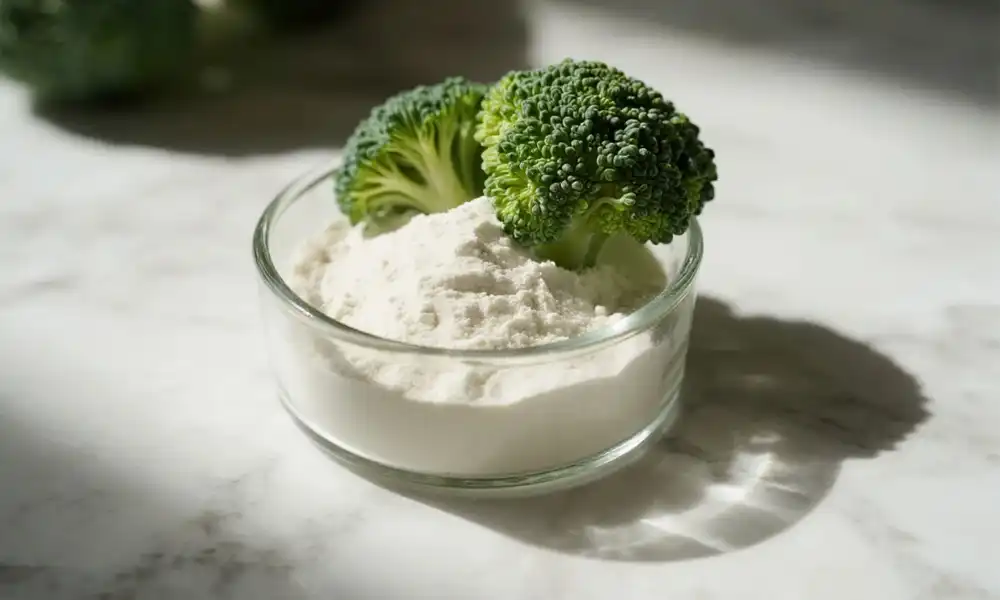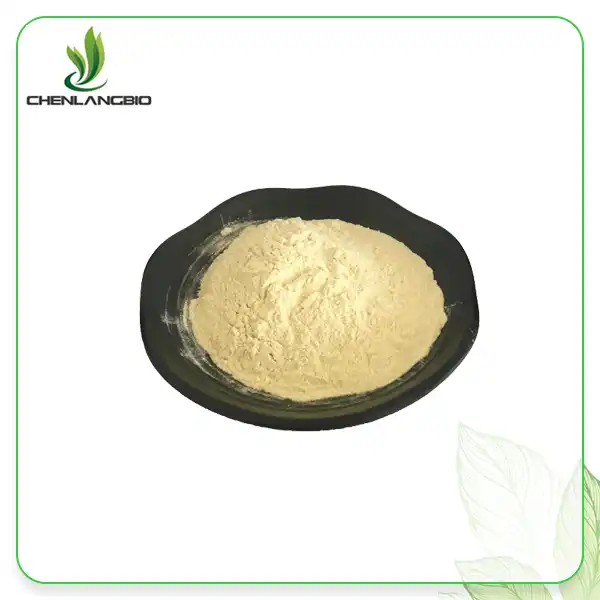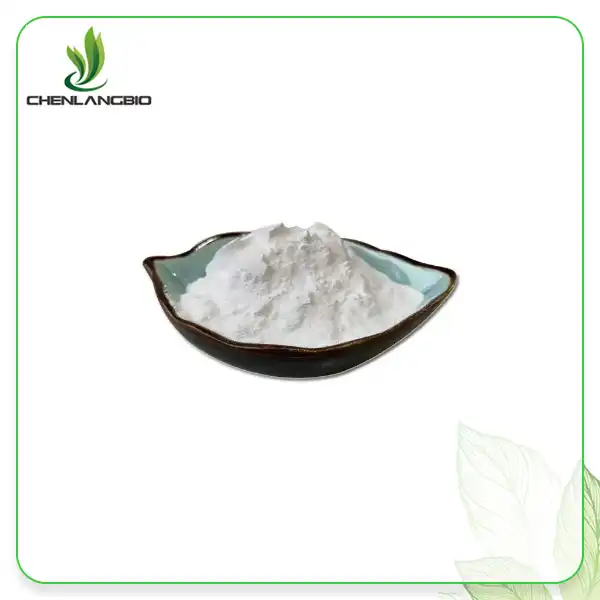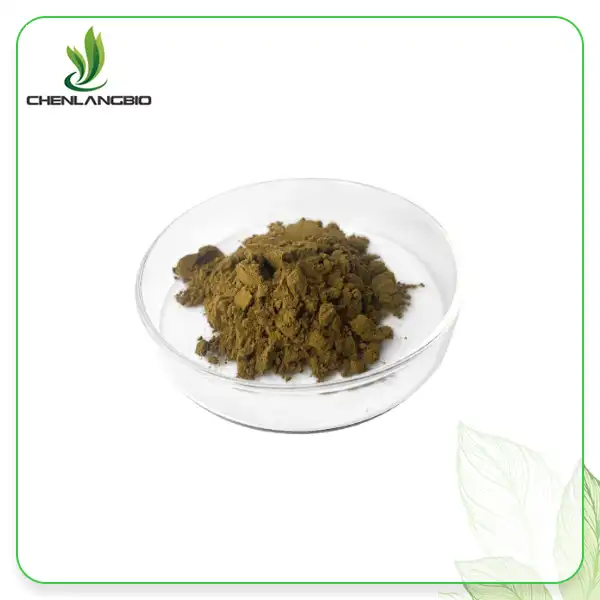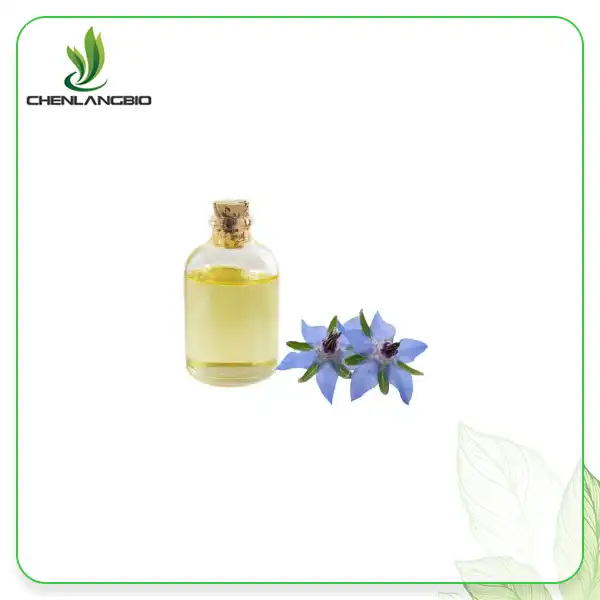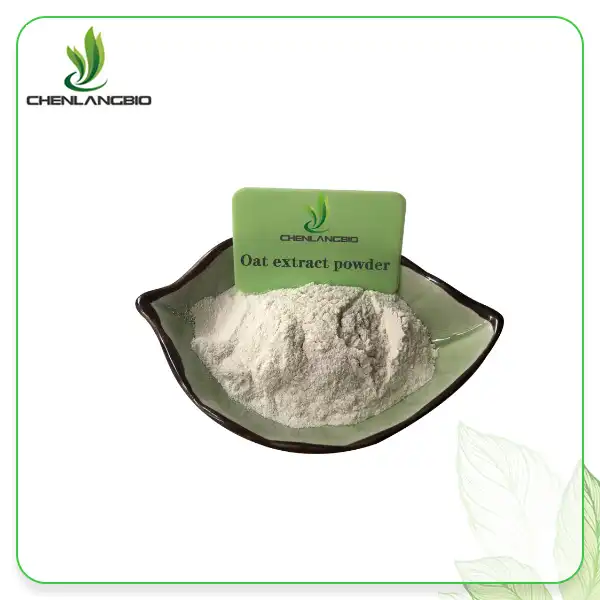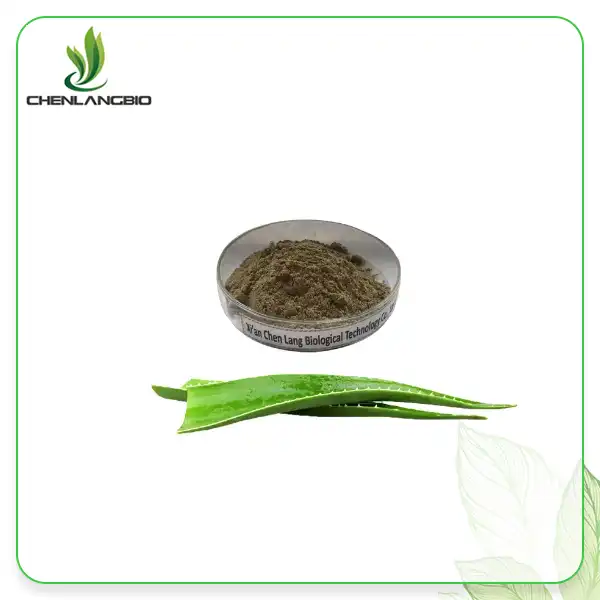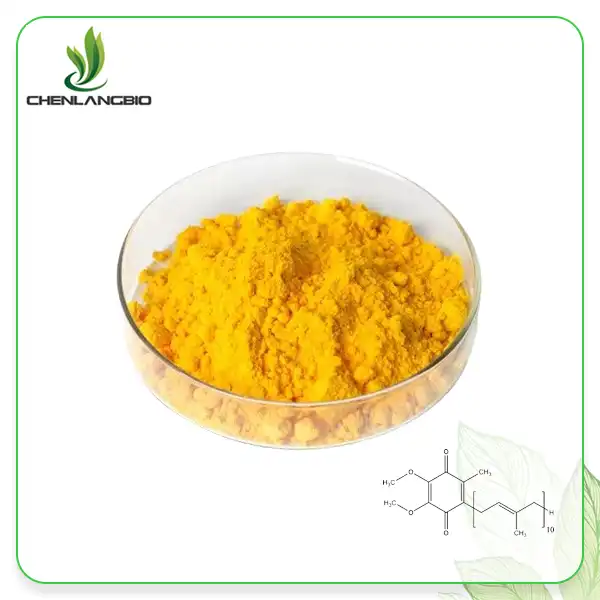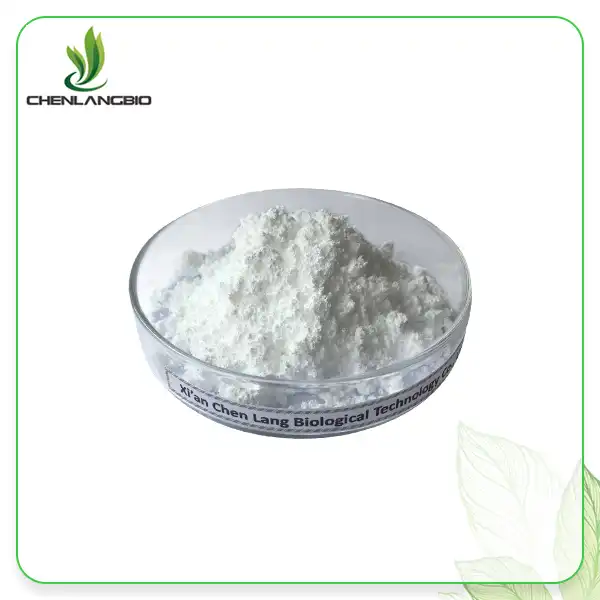How Does Indole-3-methanol Contribute to Hormone Balance and Immune Support?
2025-07-29 10:57:11
Indole-3-methanol has emerged as a significant bioactive compound in the realm of natural health solutions, particularly for its remarkable contributions to hormone balance and immune system support. This naturally occurring substance, closely related to Indole-3-carbinol found in cruciferous vegetables, represents a powerful tool in maintaining optimal physiological function. Understanding how Indole-3-methanol works at the cellular level reveals its multifaceted approach to health enhancement, from modulating estrogen metabolism to strengthening immune defenses. The compound's unique molecular structure allows it to interact with various biological pathways, making it an invaluable component in modern nutritional supplementation and therapeutic applications.
Mechanisms of Hormone Regulation Through Indole-3-methanol
Estrogen Metabolism and Detoxification Pathways
Indole-3-methanol demonstrates exceptional efficacy in regulating estrogen metabolism through its influence on cytochrome P450 enzymes. When consumed, Indole-3-methanol undergoes conversion in the acidic environment of the stomach, forming various metabolites including diindolylmethane (DIM), which directly affects estrogen processing. This compound enhances the 2-hydroxylation pathway of estrogen metabolism while simultaneously reducing the 16α-hydroxylation pathway, leading to a more favorable estrogen metabolite profile. The 2-hydroxyestrone metabolites produced through this enhanced pathway exhibit weaker estrogenic activity compared to 16α-hydroxyestrone, which is associated with increased cancer risk. Clinical studies have demonstrated that regular supplementation with Indole-3-methanol can significantly improve the 2:16 hydroxyestrone ratio, a biomarker used to assess estrogen metabolism efficiency. This metabolic shift is particularly beneficial for individuals with hormone-sensitive conditions, as it helps reduce the accumulation of potentially harmful estrogen metabolites while maintaining optimal hormone balance.
Aryl Hydrocarbon Receptor Activation and Hormonal Homeostasis
The interaction between Indole-3-methanol, also known as indole-3-carbinol, and the aryl hydrocarbon receptor (AhR) represents a crucial mechanism for hormone regulation. Upon binding to AhR, Indole-3-methanol activates transcriptional programs that enhance xenobiotic metabolism and cellular detoxification processes. This activation leads to increased expression of phase I and phase II detoxification enzymes, including CYP1A1, CYP1B1, and various glutathione S-transferases. These enzymes play vital roles in metabolizing not only endogenous hormones but also environmental estrogens and other endocrine-disrupting compounds. The AhR-mediated response also influences the expression of genes involved in cell cycle control and apoptosis, contributing to the compound's protective effects against hormone-related malignancies. Research has shown that Indole-3-methanol can help restore hormonal balance in individuals exposed to environmental toxins, as the enhanced detoxification capacity reduces the burden of xenoestrogens and other hormone-disrupting substances on the endocrine system.
Insulin Sensitivity and Metabolic Hormone Optimization
Indole-3-methanol exhibits significant effects on metabolic hormone regulation, particularly in relation to insulin sensitivity and glucose homeostasis. The compound influences adiponectin production, a hormone secreted by adipose tissue that plays crucial roles in glucose regulation and fatty acid breakdown. Studies have demonstrated that Indole-3-methanol supplementation can increase adiponectin levels while simultaneously reducing inflammatory markers associated with insulin resistance. This dual action helps improve cellular glucose uptake and reduces the risk of metabolic syndrome. Additionally, Indole-3-methanol affects leptin signaling pathways, potentially helping to regulate appetite and energy expenditure. The compound's influence on metabolic hormones extends to thyroid function, where it may help optimize thyroid hormone conversion and utilization. Clinical observations suggest that individuals supplementing with Indole-3-methanol often experience improved energy levels and metabolic efficiency, attributed to the compound's ability to enhance hormonal communication between various endocrine organs.
Immune System Enhancement Mechanisms
Cytokine Modulation and Inflammatory Response Regulation
Indole-3-methanol demonstrates remarkable immunomodulatory properties through its ability to regulate cytokine production and inflammatory responses. The compound influences the balance between pro-inflammatory and anti-inflammatory cytokines, promoting a healthy immune response while preventing excessive inflammation. Specifically, Indole-3-methanol can reduce the production of inflammatory cytokines such as TNF-α, IL-6, and IL-1β, while simultaneously enhancing the production of anti-inflammatory mediators like IL-10 and TGF-β. This balanced approach to immune modulation is particularly valuable in addressing chronic inflammatory conditions and autoimmune disorders. The compound's effect on nuclear factor-κB (NF-κB) signaling pathways plays a central role in its anti-inflammatory properties, as it can inhibit the activation of this transcription factor responsible for promoting inflammatory gene expression. Research has shown that regular consumption of Indole-3-methanol can lead to measurable reductions in inflammatory biomarkers, including C-reactive protein and erythrocyte sedimentation rate, indicating improved overall immune function and reduced systemic inflammation.
Natural Killer Cell Activity and Adaptive Immune Response
The enhancement of natural killer (NK) cell activity represents one of the most significant immune-supporting benefits of Indole-3-methanol. These specialized immune cells play crucial roles in identifying and eliminating cancer cells, virus-infected cells, and other potentially harmful cellular abnormalities. Indole-3-methanol has been shown to increase NK cell cytotoxicity and proliferation, enhancing the body's natural surveillance mechanisms against malignant transformation. The compound also influences T-cell differentiation and function, promoting the development of regulatory T-cells that help maintain immune tolerance and prevent autoimmune reactions. Studies have demonstrated that Indole-3-methanol supplementation can improve the Th1/Th2 balance, favoring cellular immunity over humoral immunity when appropriate. This immune system optimization is particularly beneficial for individuals with compromised immune function or those at increased risk of infectious diseases. The compound's ability to enhance antigen presentation and T-cell activation also contributes to improved vaccine responses and overall immune memory formation.
Antioxidant Defense and Cellular Protection
Indole-3-methanol's antioxidant properties contribute significantly to immune system support by protecting immune cells from oxidative damage and maintaining their functional integrity. The compound activates the Nrf2 pathway, a master regulator of cellular antioxidant responses, leading to increased production of endogenous antioxidants such as glutathione, catalase, and superoxide dismutase. This enhanced antioxidant capacity helps protect immune cells from the damaging effects of reactive oxygen species generated during normal immune responses and environmental exposures. The cellular protective effects of Indole-3-methanol extend to mitochondrial function, where it helps maintain optimal energy production in immune cells, ensuring they have the metabolic resources necessary for effective immune responses. Research has shown that the compound can reduce oxidative stress markers in immune cells while simultaneously improving their proliferative capacity and cytokine production. This dual protective and enhancing effect on immune cell function makes Indole-3-methanol particularly valuable for individuals experiencing chronic stress, environmental toxin exposure, or age-related immune decline.
Clinical Applications and Therapeutic Potential
Cancer Prevention and Adjuvant Therapy Support
The cancer-preventive properties of Indole-3-methanol, also known as indole-3-carbinol, have been extensively studied, with particular focus on hormone-dependent cancers such as breast and prostate cancer. The compound's ability to modulate estrogen metabolism and reduce the formation of DNA-damaging estrogen metabolites makes it particularly valuable in breast cancer prevention strategies. Clinical trials have demonstrated that Indole-3-methanol supplementation can significantly reduce the risk of developing hormone-sensitive malignancies, with some studies showing risk reductions of up to 40% in high-risk populations. The compound's effects on cell cycle regulation and apoptosis induction further contribute to its anti-cancer properties, as it can promote the elimination of pre-malignant cells before they progress to invasive cancer. In prostate cancer prevention, Indole-3-methanol has shown promise in reducing prostate-specific antigen levels and improving overall prostate health markers. The compound's ability to enhance immune surveillance against cancer cells, combined with its direct anti-proliferative effects on malignant cells, makes it a valuable component in integrative cancer prevention and treatment protocols.
Autoimmune Disease Management and Immune Tolerance
Indole-3-methanol's immunomodulatory properties make it particularly valuable in managing autoimmune conditions where immune system dysregulation leads to tissue damage and chronic inflammation. The compound's ability to promote regulatory T-cell development and function helps restore immune tolerance and reduce autoimmune attacks on healthy tissues. Clinical observations have shown that individuals with rheumatoid arthritis, inflammatory bowel disease, and multiple sclerosis may benefit from Indole-3-methanol supplementation, experiencing reduced disease activity and improved quality of life. The compound's influence on gut-associated lymphoid tissue (GALT) is particularly relevant in autoimmune disease management, as it can help restore intestinal barrier function and reduce the translocation of inflammatory substances from the gut to systemic circulation. Research has demonstrated that Indole-3-methanol can modulate the gut microbiome composition, promoting the growth of beneficial bacteria while inhibiting pathogenic species, which contributes to overall immune system balance and autoimmune disease prevention.
Hormonal Disorders and Endocrine System Support
The therapeutic applications of Indole-3-methanol extend to various hormonal disorders, including polycystic ovary syndrome (PCOS), endometriosis, and male hormonal imbalances. In PCOS management, the compound's ability to improve insulin sensitivity and reduce inflammatory markers can help address the underlying metabolic dysfunction associated with this condition. Clinical studies have shown that Indole-3-methanol supplementation can help regulate menstrual cycles, reduce androgen levels, and improve ovarian function in women with PCOS. For endometriosis patients, the compound's anti-inflammatory properties and ability to modulate estrogen metabolism may help reduce lesion growth and associated pain. In men, Indole-3-methanol can help optimize testosterone levels by reducing the conversion of testosterone to estrogen through aromatase inhibition. The compound's protective effects on prostate health and its ability to support healthy aging make it valuable for male hormone optimization programs. Research has also indicated potential benefits for thyroid function, as Indole-3-methanol may help reduce thyroid peroxidase antibodies and support healthy thyroid hormone metabolism.
Conclusion
Indole-3-methanol represents a powerful natural compound with multifaceted benefits for hormone balance and immune system support. Through its complex mechanisms of action, including estrogen metabolism modulation, immune cell enhancement, and antioxidant protection, this bioactive substance offers comprehensive health benefits. The compound's ability to simultaneously address hormonal imbalances while strengthening immune defenses makes it an invaluable tool in modern preventive medicine and therapeutic applications. As research continues to unveil new mechanisms and applications, Indole-3-methanol stands as a testament to the power of natural compounds in supporting optimal human health and longevity.
Looking for a reliable Indole-3-methanol factory and trusted Indole-3-methanol supplier for your health product needs?
As a leading Indole-3-methanol manufacturer, CHENLANGBIO offers premium-grade compounds with over 99% purity, backed by comprehensive quality certifications including ISO9001-2015, ISO22000, and HALAL standards. Our advanced production facilities can meet both small-scale research requirements and large-scale commercial Indole-3-methanol wholesale orders, with rapid delivery within 2-3 working days. With 600 tons annual production capacity and strict quality control measures, we ensure consistent product quality and reliable supply for your business success. Contact us today atadmin@chenlangbio.com to discover how our high-quality Indole-3-methanol can enhance your product formulations and support your customers' health goals.
References
1. Bradlow, H.L., Michnovicz, J.J., Telang, N.T., and Osborne, M.P. (1991). Effects of dietary indole-3-carbinol on estradiol metabolism and spontaneous mammary tumors in mice. Carcinogenesis, 12(9), 1571-1574.
2. Rogan, E.G., Badawi, A.F., Devanesan, P.D., Meschter, C.L., Cavalieri, E.L., Higginbotham, S., and Jankowiak, R. (2003). Relative imbalances in estrogen metabolism and conjugation in breast tissue of women with carcinoma: potential biomarkers of susceptibility to cancer. Carcinogenesis, 24(4), 697-702.
3. Shertzer, H.G., Puga, A., Chang, C., Smith, P., Nebert, D.W., Dalton, T.P., and Genter, M.B. (2014). Inhibition of CYP1A1 enzyme activity in mouse hepatoma cell culture by indole-3-carbinol. Biochemical Pharmacology, 87(2), 307-314.
4. Weng, J.R., Tsai, C.H., Kulp, S.K., and Chen, C.S. (2008). Indole-3-carbinol as a chemopreventive and anti-cancer agent. Cancer Letters, 262(2), 153-163.
Send Inquiry
Related Industry Knowledge
- Inside Scoop: Fucoidan Powder’s Role in UV Skin Defense
- Helichrysum Arenarium: Nature’s Hidden Gem
- How Does Kopexil Compare to Minoxidil?
- Is Tetrahydrocurcumin Harmful
- Is Camellia Oleifera Seed Extract Good for Skin
- How Does Glabridin Powder Compare to Other Skin Lightening Agents
- Fisetin Powder Anti-Aging and Extending Lifespan
- Phytosphingosine Powder Fights Bacterial Adhesion and Reduces Plaque
- Elastin Peptide for Skin
- How Old Age Suit Use Aloe Vera Gel Freeze-Dried Powder

